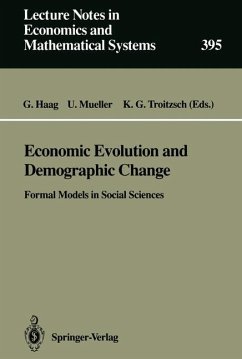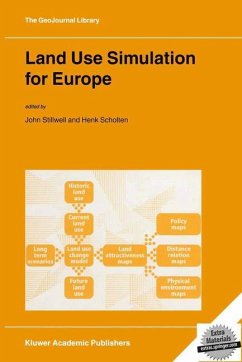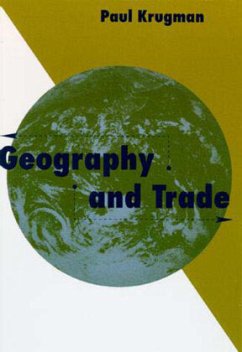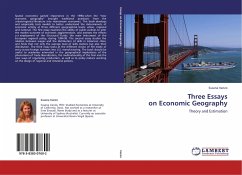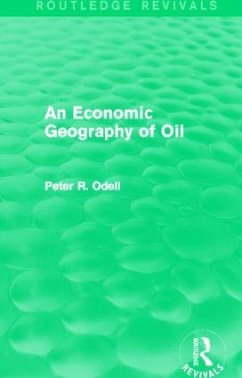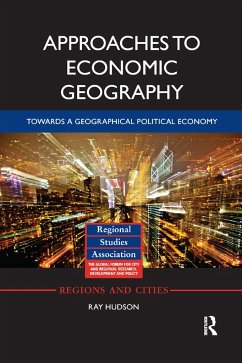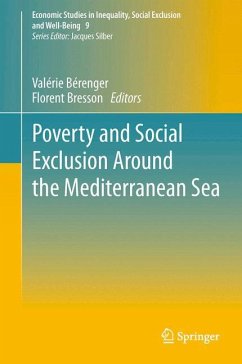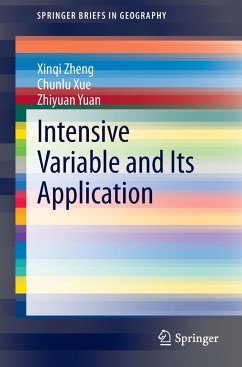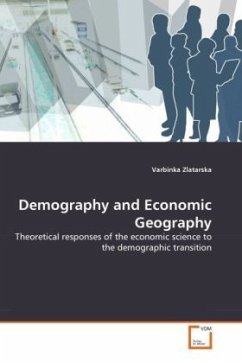
Demography and Economic Geography
Theoretical responses of the economic science to the demographic transition
Versandkostenfrei!
Versandfertig in 6-10 Tagen
32,99 €
inkl. MwSt.

PAYBACK Punkte
16 °P sammeln!
At the dawn of the twenty-first century, the world is in the midst of a fundamental transformation triggered by the transition from a regime of high mortality and high fertility to a regime of low mortality and low fertility. This phenomenon is known as the demographic transition. A direct consequence of the demographic transition is the extreme population aging, which poses one of the great challenges for societies in the future. The demographic transition has received a great deal of attention from researchers in various fields of study. Indeed, demography is often regarded to be at the cros...
At the dawn of the twenty-first century, the world is in the midst of a fundamental transformation triggered by the transition from a regime of high mortality and high fertility to a regime of low mortality and low fertility. This phenomenon is known as the demographic transition. A direct consequence of the demographic transition is the extreme population aging, which poses one of the great challenges for societies in the future. The demographic transition has received a great deal of attention from researchers in various fields of study. Indeed, demography is often regarded to be at the crossroads of economics, sociology, history, geography, anthropology. The present work focuses on modelling the demographic transition from an economic point of view by offering two approaches - that of macroeconomics and that of new economic geography. The historical evidence suggests that unprecedented economic growth and rapid urbanization of the population accompany the process of demographic transition and justifies therefore an examination of the theoretical responses of economics to the implied relationship among urbanization, economic development and demographic transition.



